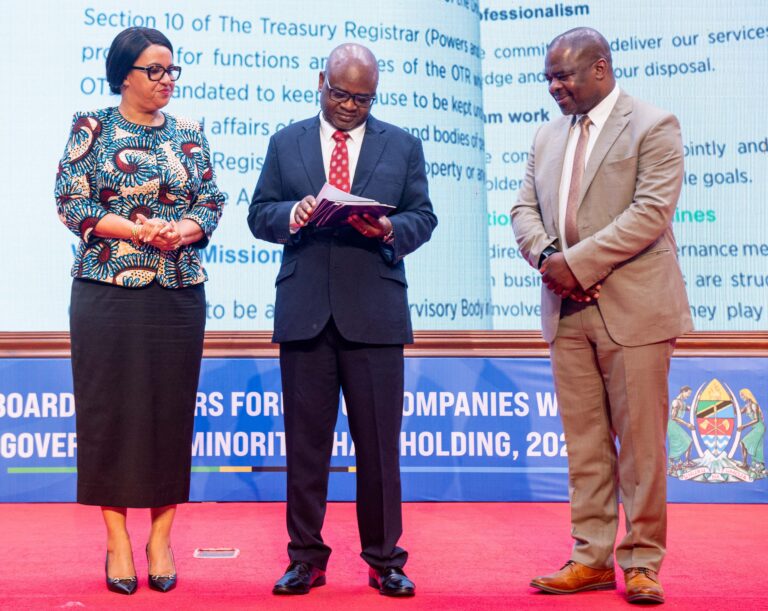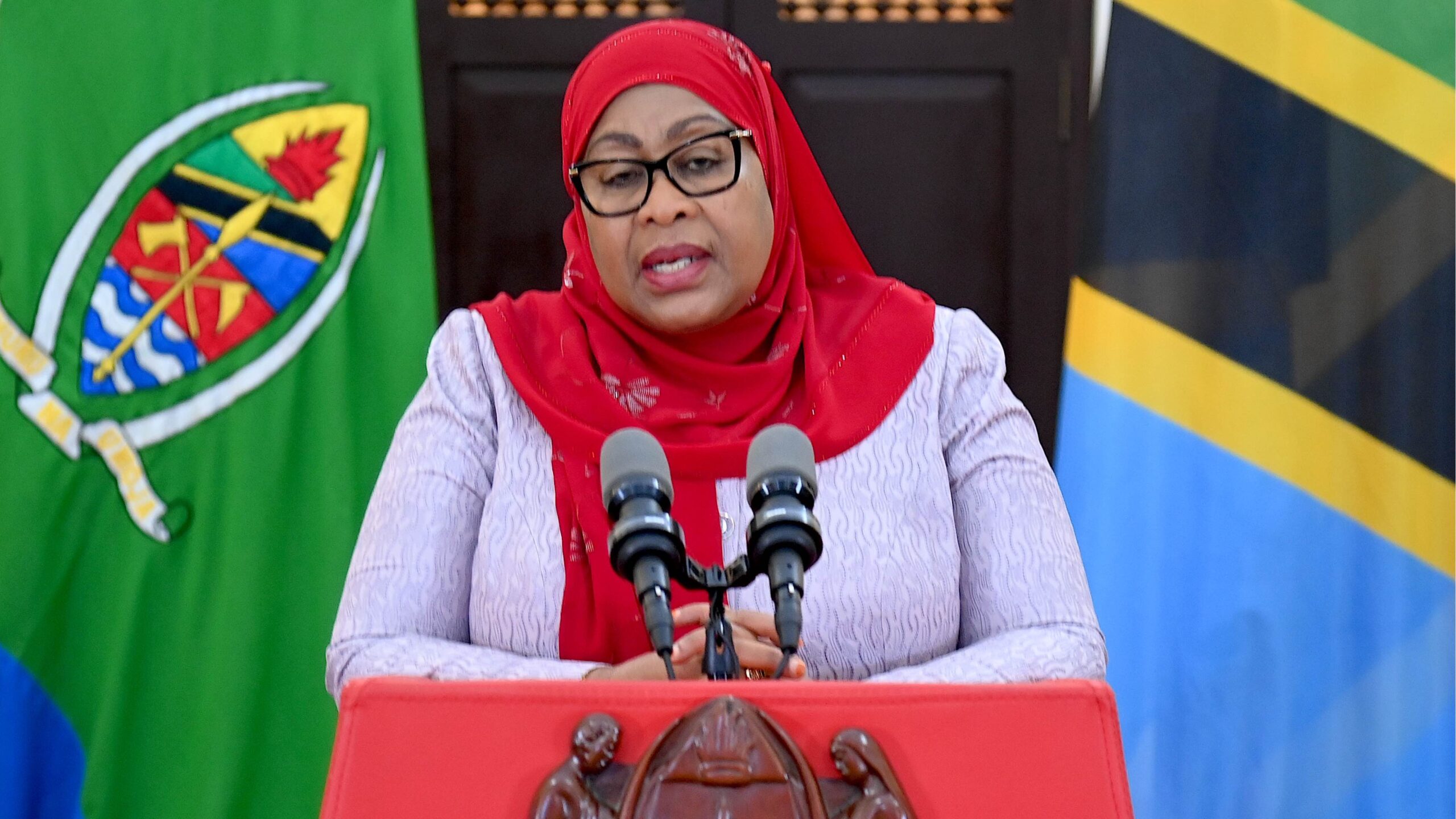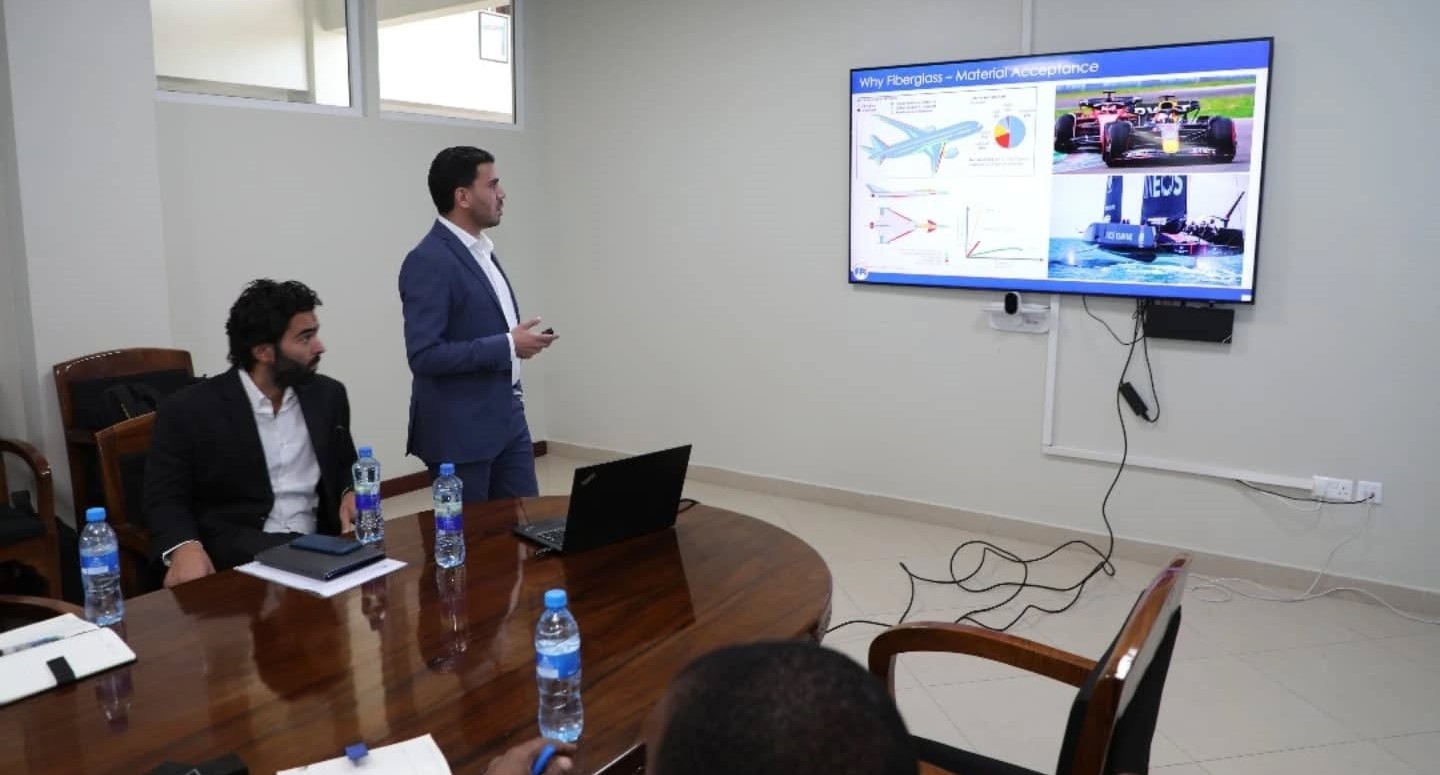Kibaha. The government has issued five directives to board directors of companies in which it holds minority shares, as part of ongoing efforts to improve the efficiency and performance of these institutions.
The directives, announced during a meeting in Kibaha, Coast Region, include embracing digital transformation, promoting good governance, ensuring accountability, transparency and ethical leadership.
Additionally, minister of State in the President’s Office (Planning and Investment), Prof Kitila Mkumbo, instructed directors to develop strategies to enhance profitability, strengthen partnerships with the private sector, and align their business plans with national economic priorities.
“I challenge you to fulfil your responsibilities as directors of companies where the government has minority ownership,” said Prof Mkumbo during the three-day meeting organised by the Treasury Registrar’s Office, which brought together about 150 participants.
“We need to formulate robust strategies that will improve the performance of companies under our oversight,” he added.
The Treasury Registrar’s Office oversees 308 institutions, 56 of which are partially state-owned.
A total of Sh86.3 trillion has been invested in these institutions, with Sh2.9 trillion allocated to minority state-owned companies and Sh83.4 trillion directed to fully state-owned entities.
“We want to see tangible returns on these investments, which is why I urge you to do everything possible to enhance the efficiency of your institutions,” said Prof Mkumbo, while commending firms that have significantly contributed to the government’s consolidated fund.
He noted that dividend contributions from these companies have been growing steadily, increasing by 236 percent over the past five years, from Sh58 billion in the 2019/20 financial year to Sh195 billion in 2023/24.
“This demonstrates the unwavering commitment of these companies to supporting the government’s efforts under the strong leadership of President Dr Samia Suluhu Hassan, who is tirelessly working to create a business-friendly environment,” said Prof Mkumbo.
He urged the companies to continue increasing their contributions to help the government achieve its goal of raising non-tax revenue from both fully and partially state-owned institutions.
The government seeks to increase this revenue share from the current three percent to ten percent within five years.
Permanent Secretary in the President’s Office (Planning and Investment), Dr Tausi Kida, said the government’s objective to create a conducive business environment is intended to enhance the contributions of wholly and minority state-owned institutions.
“We are set to launch the second phase of the business environment reform blueprint next week, underscoring the government’s dedication to improving investment conditions in the country,” Dr Kida said.
Treasury Registrar, Mr Nehemiah Mchechu, urged the firms to deploy technology to facilitate data-driven decision-making and institutional efficiency.
He also advised them to adopt digital innovations in line with President Samia’s R4 philosophy, which focuses on Reconciliation, Resilience, Reforms, and Rebuilding the nation.
“Technology plays a critical role in two aspects—reforms and rebuilding the global economy,” said Mr Mchechu.
He said board directors must embrace technological advancements to effectively lead their institutions.
“Tanzania is not an island. Our directors must be prepared to lead their organisations with a vision that aligns with global technological changes,” he said.
This year’s meeting comes at a time when technology is playing a crucial role in strengthening the national economy.
Mr Mchechu expressed hope that discussions during the meeting would help create an enabling environment for executives and directors to harness technology for greater institutional productivity.
Meanwhile, Ms Lightness Mauki, director of Performance, Monitoring, and Evaluation – Commercial Entities at the Treasury Registrar’s Office, noted that dividends from partially state-owned companies have grown by an average of 50 percent annually over the past four years.
“I believe the contribution of these companies can double in this financial year, as recent data has been promising,” said Ms Mauki.
She highlighted various government initiatives, including the launch of a corporate governance guide for directors of partially state-owned companies.
“The guide outlines the responsibilities of board directors, with the government’s expectation being to see increased efficiency in these companies and greater contributions to the government,” she said.







